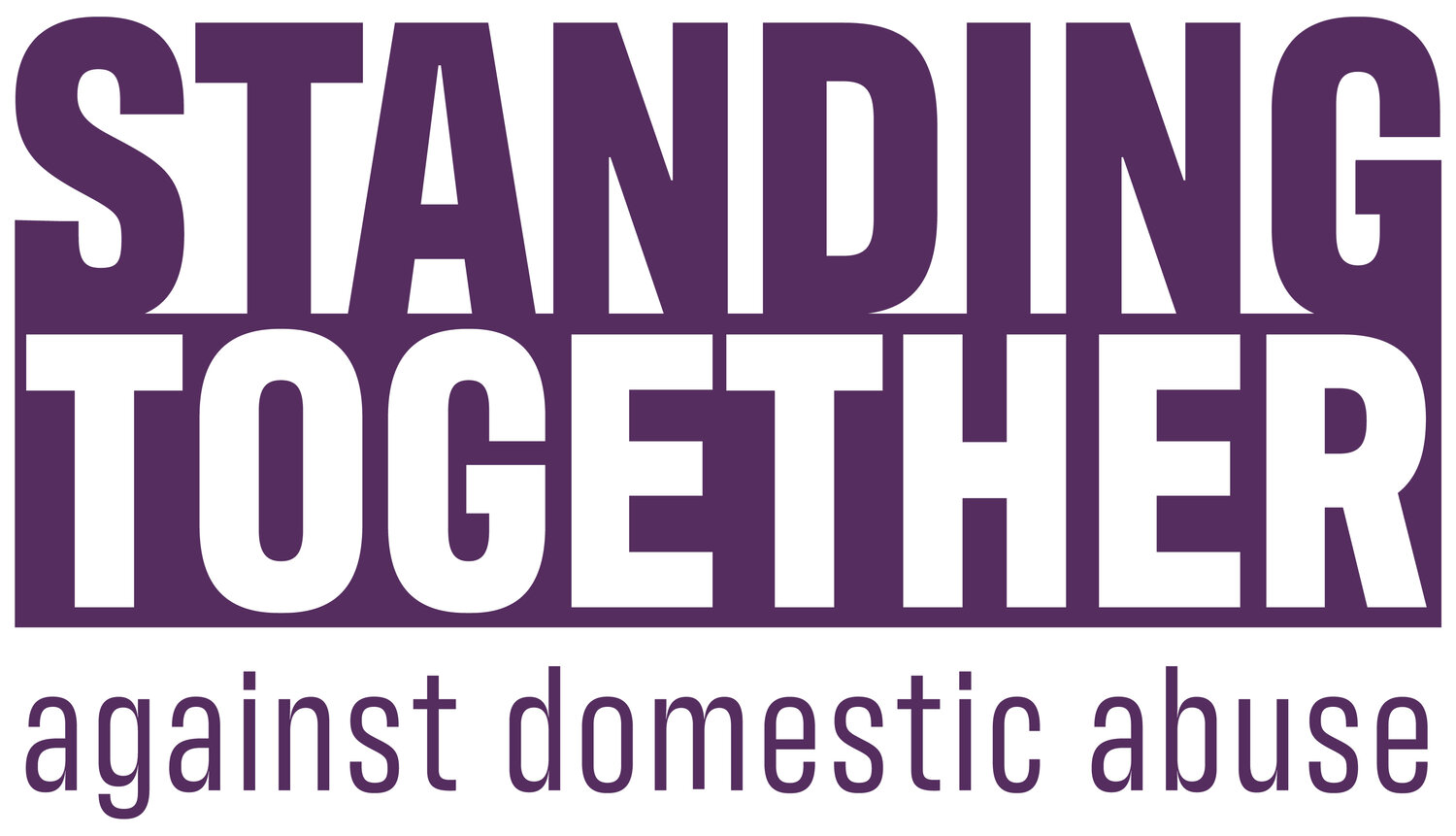The System Finally Answered’: Raneem’s Law Brings Domestic Abuse Reform After Six-Year Fight
Standing Together welcomes today’s announcement of Raneem’s Law, a critical measure embedding domestic abuse specialists in 999 control rooms across five pilot police forces. This initiative, backed by £2.2 million in initial funding, marks a vital shift in how emergency calls are handled, ensuring that specialist knowledge informs risk assessment, victim engagement, safeguarding referrals, and training for call handlers.
For too long, the absence of domestic abuse expertise in control rooms has led to missed opportunities for intervention, putting victims at grave risk. The introduction of these specialists will strengthen first-response decision-making, prevent escalation, and connect victims to life-saving support. However, to achieve lasting change, this model must be fully integrated across all 43 police forces as part of a national, systemic response.
A Turning Point, But More Work to Be Done
The government’s broader Plan for Change aims to halve violence against women and girls (VAWG) within a decade. This ambition can only be realised if specialist intervention is not confined to pilots but embedded into long-term policing strategy with sustained funding and sector collaboration.
For nearly 25 years, Standing Together has championed a Coordinated Community Response (CCR)—a proven, multi-agency model that ensures survivors receive the right support at the right time. Raneem’s Law aligns with this vision, but for maximum impact, it must be fully resourced, integrated nationally, and linked to wider systemic reforms.
Today, we pay tribute to Raneem Oudeh and Khaola Saleem, whose lives were tragically lost due to systemic failures. Their case highlighted the urgent need for better policing responses to domestic abuse, and we stand in solidarity with their family, recognising the tireless campaigning that has led to this moment of change. While nothing can undo the tragedy of Raneem and Khaola’s loss, their legacy will live on in a system that works to prevent such failures from happening again.
Beyond this law, we welcome wider government action, including:
£13 million for a national policing centre dedicated to tackling VAWG-related crimes.
The commitment from Home Secretary Yvette Cooper to prioritise domestic abuse prevention.
Minister Jess Phillips’ focus on survivor-centred reform to ensure long-term change.
The leadership of NPCC’s Louisa Rolfe, working to improve policing responses to VAWG.
However, gaps remain. While this initiative strengthens emergency responses, it will direct more victims into an already overwhelmed specialist sector. Without sustainable funding for VAWG services, victims risk being left without critical support.
Cherryl Henry-Leach, CEO of Standing Together, said:
“As a specialist VAWG-sector organisation tackling domestic abuse for nearly 25 years, STADA welcomes the implementation of Raneem’s Law as a vital step in safeguarding victim-survivors. However, real and lasting change requires a Coordinated Community Response (CCR), ensuring that specialist expertise is embedded at every stage of intervention. The tragic loss of Raneem and Khaola must serve as a call to action: safeguarding must not depend on chance. The evidence is clear—a whole-system approach saves lives, and this must remain the priority for us all.”
As this law takes effect, we call on the government to ensure a full national rollout, backed by sustainable funding and accountability. Every victim deserves to be heard. Every call for help must be met with action. And every life lost is a reminder that we must do better.
